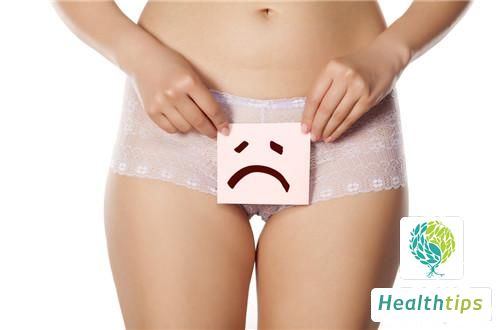Why is it easy to sweat in summer?
In summer, the weather is hot, so many people sweat more in summer than in winter. This is mainly because the external environment temperature is too high, and the body will perform some heat dissipation behaviors to maintain normal body temperature. Sweating is the normal heat dissipation mechanism of the body. However, for some people with skin diseases or obesity, they will sweat more. But don't worry, this is also a normal physiological phenomenon.

Mental sweating is regulated by the postganglionic fibers of the sympathetic adrenergic nerve. It is caused by mental excitement or pain stimulation. Sweating is mainly seen in the palms, toes, and armpits. When people are nervous, their palms will sweat, which belongs to mental sweating. The latent period of mental sweating from stimulation to sweating is very short, only a few seconds to 20 seconds. Therefore, under the influence of mental factors such as tension, fear, excitement, etc., neural impulses are transmitted from the cerebral cortex to the small sweat glands of the palms, and the concentration of norepinephrine increases, leading to a rapid increase in the secretion and excretion activities of the small sweat glands, resulting in palmar mental sweating.
Gustatory sweating is a physiological phenomenon, such as excessive sweating caused by eating certain stimulating foods (chili, garlic, ginger, cocoa, coffee). Athletic sweating is a type of physiological movement that produces sweat.
Spontaneous sweating refers to frequent sweating that is not caused by hot weather, taking sweating medication, or other stimulating factors. Spontaneous sweating is often caused by weakness of lung qi, instability of Wei-yang, and leakage of body fluids, and is often accompanied by symptoms of yang deficiency such as fatigue, weakness, shortness of breath, and aversion to cold. It is commonly seen in children with rickets and patients with hyperthyroidism.
Night sweating refers to sweating during sleep and stopping after waking up. Night sweating is often caused by yin deficiency, which leads to yang hyperactivity. Since yin cannot restrain yang, body fluids are excreted as sweat. It is often accompanied by symptoms such as five-heart distress and heat, insomnia, and dry mouth and throat. It is commonly seen in patients with pulmonary tuberculosis during the infiltration stage.
Trembling sweat refers to sweating after trembling of the whole body, which is a manifestation of the struggle between the vital qi and pathogenic factors during febrile diseases. If the fever subsides, the pulse becomes calm, and the body feels cool after trembling sweat, it indicates that the pathogenic factors have been expelled and the vital qi has recovered, which is a good sign. However, if there is coldness in the limbs and agitation after sweating, it indicates that the vital qi is losing its battle against the pathogenic factors, which is a critical condition. Trembling sweat is often seen in the early and middle stages of various infectious diseases.



















